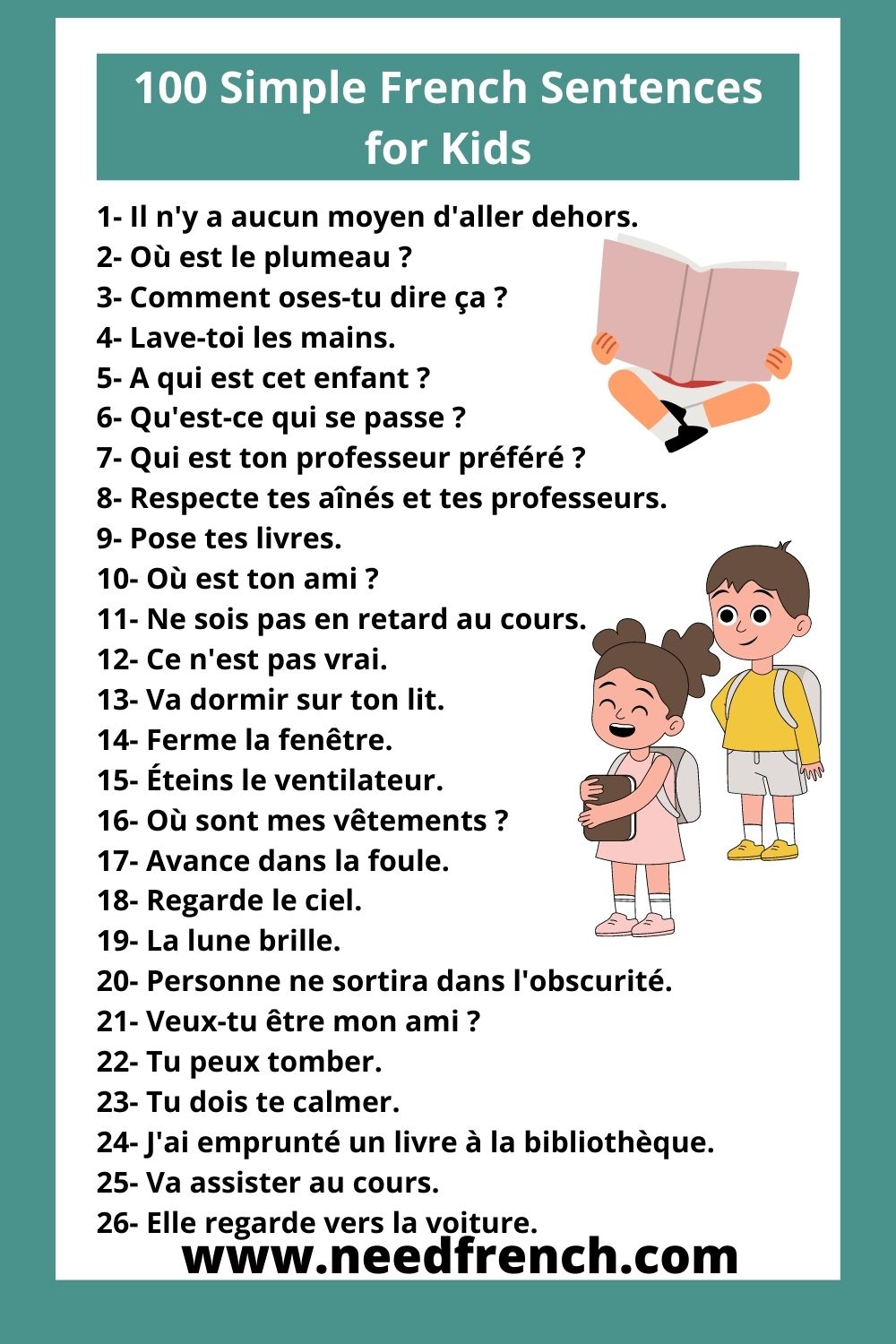French has two important past tenses: passé composé and imparfait. Let’s learn when to use each one!
Table of Contents
ToggleLe passé composé
Le passé composé is used to express:
- A completed, one-time action in the past.
For example: “Hier, j’ai mangé chez Paul.” “Je suis allé à Paris l’été dernier.”
“I ate at Paul’s house yesterday.” “I went to Paris last summer.” - A series of completed actions in the past.
For example: “Ce matin, je me suis levé, j’ai pris mon petit-déjeuner et je suis allé travailler.“
“This morning I woke up, had breakfast and went to work.” - An action that happened a specific number of times in the past.
For example: “L’année dernière, il a neigé au mois d’avril.“
“Last year, it snowed in April.”
Here are some more examples:
- Elle a fini ses devoirs hier soir. (She finished her homework last night.)
- Nous avons voyagé en Italie l’été dernier. (We traveled to Italy last summer.)
- J’ai perdu mes clés ce matin. (I lost my keys this morning.)
L'imparfait
L’imparfait is used to:
- Describe people, places, things, situations in the past.
For example: “Quand j’étais petit, j’avais les cheveux bouclés.” “La maison avait un grand jardin.”
“When I was young, I had curly hair.” “The house had a big garden.” - Express feelings, mental states in the past.
For example: “Elle était très triste hier.” “Nous étions tellement contents !”
“She was very sad yesterday.” “We were so happy!” - Talk about repeated actions, habits in the past.
For example: “Autrefois, je prenais le bus pour aller au collège.” “Tous les ans, nous allions à la mer l’été.”
“I used to take the bus to go to school.” “Every year we would go to the beach in summer.” - Describe an action that was happening when another action occurred.
For example: “Je regardais la télé quand le téléphone a sonné.”
“I was watching TV when the phone rang.” - Set the scene, give background context.
For example: “Il faisait beau quand nous sommes partis en randonnée.”
“The weather was nice when we went hiking.”
Here are some more examples:
- Quand j’étais enfant, je jouais au foot tous les jours. (When I was a child, I would play soccer every day.)
- Il pleuvait quand nous sommes partis. (It was raining when we left.)
- Nous étions fatigués car nous avions dansé toute la nuit. (We were tired because we had danced all night.)
Now it’s time to practice.
Identify whether passé composé or imparfait should be used in the following sentences:
- Il ___ beau quand nous ___ promener dans le parc. (être , aller)
- Pierre ___ son vélo hier. (nettoyer)
- Autrefois, je ___ souvent au cinéma. (aller)
- Nous ___ à la montagne l’été dernier. (aller)
- Elle ___ la télévision quand le téléphone ___. (regarder, sonner)
- Il était beau quand nous sommes allés promener dans le parc.
- Pierre a nettoyé son vélo hier.
- Autrefois, je allais souvent au cinéma.
- Nous sommes allés à la montagne l’été dernier.
- Elle regardait la télévision quand le téléphone a sonné.











